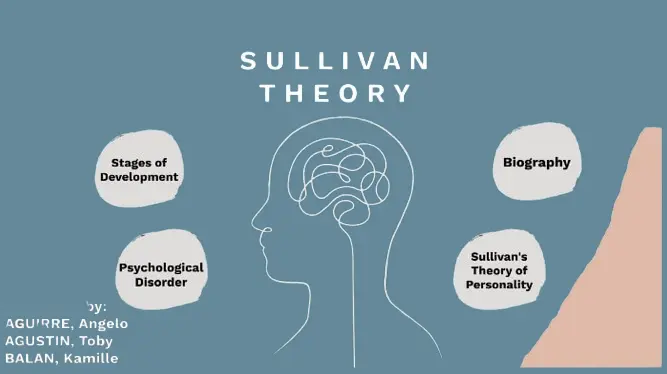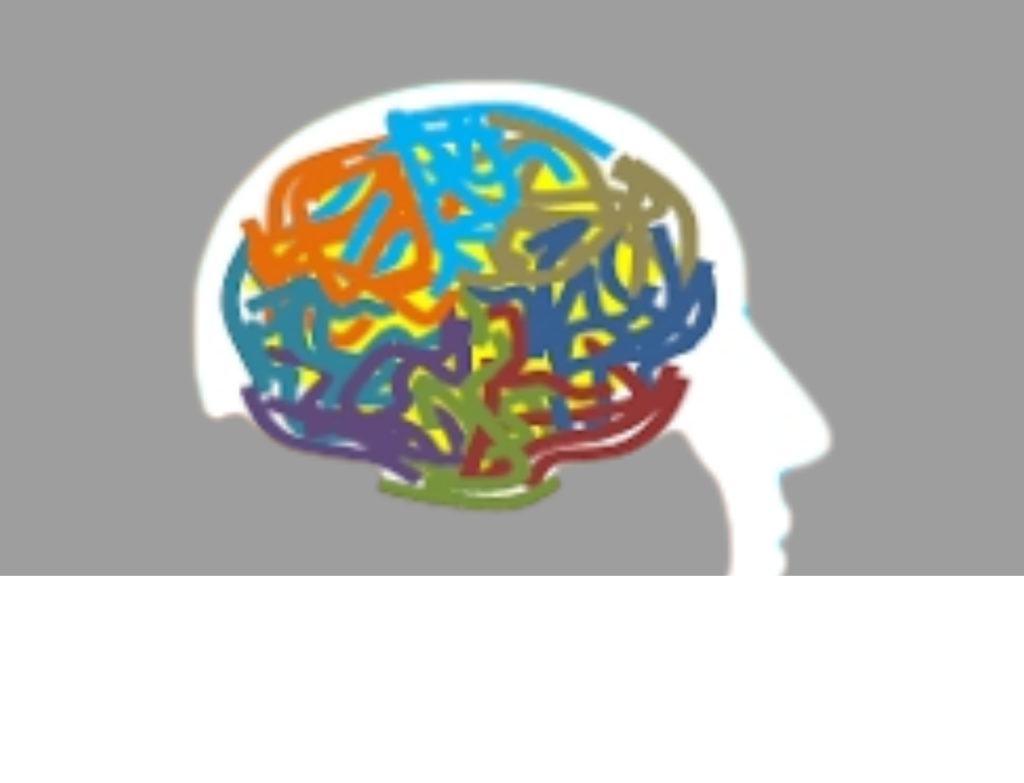Maintaining excellent mental health requires self-care, but how can you choose which mental health practices will benefit your mental health the most?
This article helps you to improve mental health and also provides mental wellness tips.
What is mental well-being?
There is no singular definition of mental wellness. We could discuss how we’re feeling, how well we’re handling day-to-day life, or what seems feasible right now.
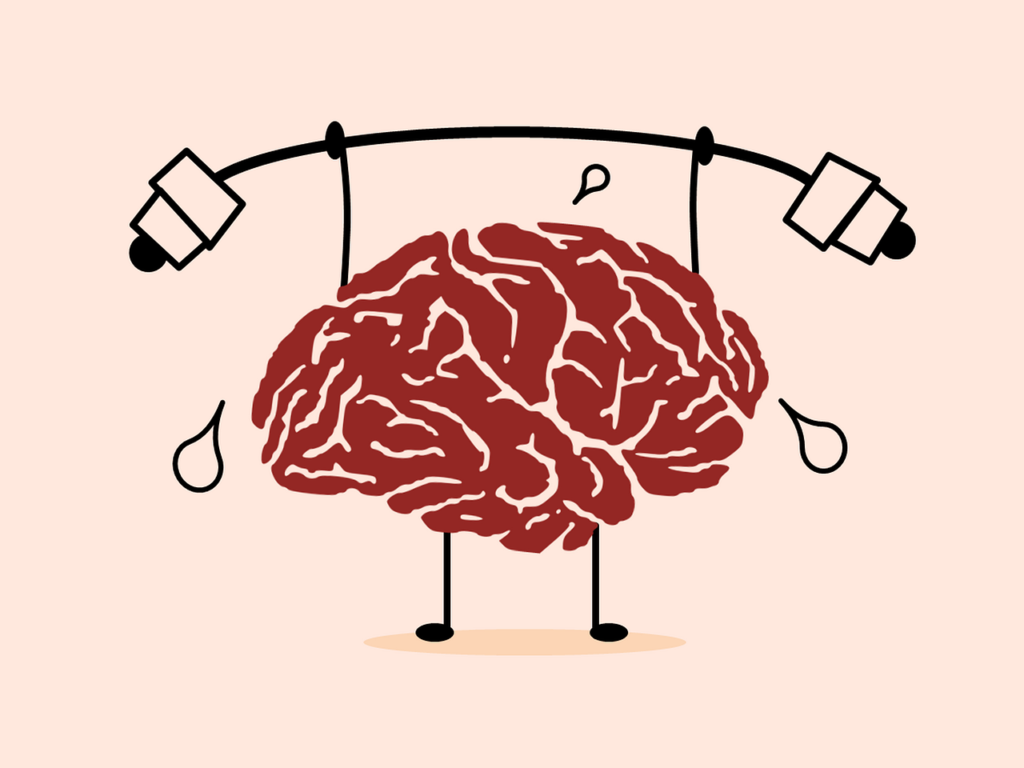
The term “mental health” describes your total state of psychological well-being. It encompasses your self-perception, the caliber of your interpersonal connections, and your capacity to control your emotions and overcome obstacles.
Being cheerful all the time does not equate to having good mental health. or that your experiences have no effect on you. Furthermore, being in good physically does not always imply that you are problem-free with your mental health. Even though you currently have decent mental health, you may have a mental health issue. Alternatively, you may not be dealing with a mental health issue but be having current difficulties with your well-being. Having mental health issues might make it harder to get by in daily life.
Mental wellness tips
These are the following mental wellness tips to boost mental wellbeing:
Exercise
Exercising vigorously is one of the best mental health and wellbeing-boosting things you can do!
You may improve your overall mental health in numerous ways by exercising. It can ease stress, strengthen your heart, lessen mental health symptoms, increase your self-worth, and assist you in managing challenging emotions.
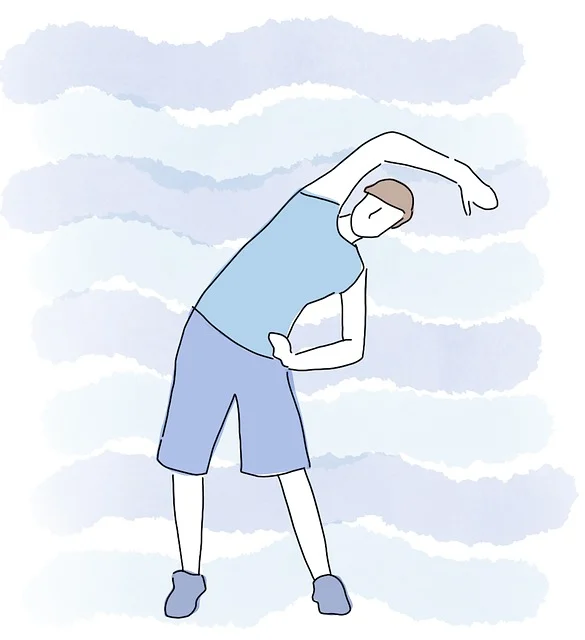
Your exercise regimen is entirely personal. Furthermore, nothing very taxing needs to be done. Exercise classes that are energetic, yoga, tai chi, or brisk walks can all significantly lift your spirits. But by all means, go ahead and smash a heavy bag, run a few miles, or pull out some heavy weights! Having pleasure and moving in whichever way seems right are the main objectives.
Deep breathing
Breathing and stress levels are directly related. You breathe faster and shallower when you’re nervous or agitated. And if you’ve ever had a panic attack, you are aware of how uncontrollably your breathing may become at times of extreme stress.
The relaxing effects of deep breathing are remarkable. Whether you’re having a big wave of anxiety, giving birth, or going through a near-death experience, one of the best methods to relax your body and mind is to take some time to focus on your breath.
Now, begin by just becoming aware of your breathing if you are unfamiliar with any specific breathing techniques to use in a stressful situation. Inhale and exhale completely while breathing deeply, paying attention to how your breath feels entering and leaving your body.
Hot or Cold Bath.
In addition to being beneficial for your muscles and joints, cold plunges have the potential to be a successful treatment for anxiety and sadness. Dopamine levels can rise as a result of the stimulation of the parasympathetic branch of the nervous system by cold water.
A 2010 study found that those who were regularly exposed to cold water showed a decreased stress response, however the therapy’s potential advantages are still being investigated.
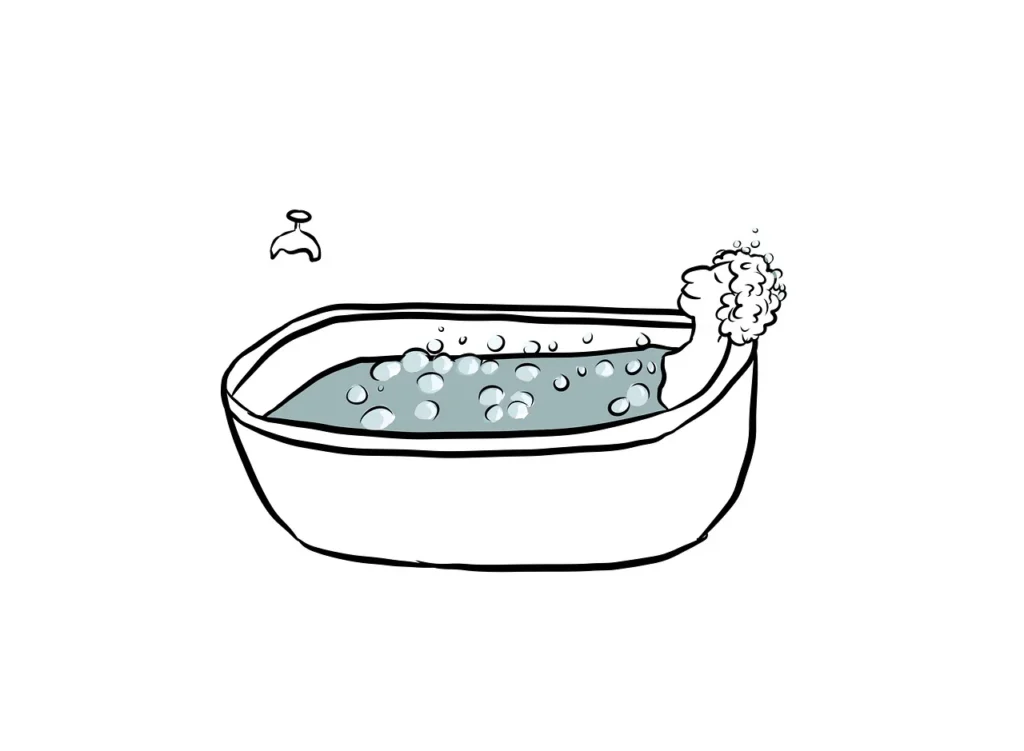
An easy way to boost oxytocin and encourage relaxation if you’re seeking for rapid stress management tactics is to take a hot shower or bubble bath.
Take Time to Enjoy Nature to Enhance Well-Being
Regular outside time is like eating for the soul. It is vital for your mental health to spend time outdoors, even if it’s only to sit on your porch and enjoy the sun’s rays. Furthermore, you probably need extra vitamin D in your life if you’re like the majority of American adults.
You can engage in a wide variety of enjoyable activities while in the great outdoors. Hiking, fishing, kayaking, boating, rock climbing, bird watching, and beach trips are great ways to relax and enjoy nature’s beauty.
Even in inclement weather, the important thing is to get outside. Sun exposure can help, particularly if you suffer from seasonal affective disorder.
Gardening
Moreover, gardening is a great approach to lift your spirits and manage mental health problems. You’re going outside first! Seen alone, that time in the sun can decompress. But there are deeper advantages.

Planting seeds or pulling weeds are examples of repetitive, sensory tasks that gardening helps you concentrate on. Grounding yourself and breaking cycles of intrusive or obsessive thoughts can be achieved by paying attention to what your hands are doing, listening to the sounds of birds, and just being present in the moment.
Furthermore, gardening can strengthen your sense of interconnectedness with the environment. It can be immensely satisfying to plant a seed, care for your garden, and watch the results expand over time.
Get Together With A Friend
Your brain may try to convince you that you’d prefer to be alone yourself if it’s depressed or nervous. Everyone can benefit from some alone time, but loneliness can have a detrimental effect on mental health and can raise your risk of mental disease.
You can find the comfort and support you require by hanging out with friends or participating in your community. Seeking support from a trusted friend can be beneficial while experiencing extreme stress, anxiety, or depression.
You can encourage your social well-being and find healthy coping mechanisms in other ways if you don’t feel like talking or don’t think you have friends you can turn to.
Reading
Whether done voluntarily or in a systematic manner, reading books is known as “bibliotherapy” and it is used to treat mental health issues. Although it might seem absurd at first, reading has been shown to lessen depression symptoms in people. Even something as easy as curling up with a good book can reduce heart rate and release tense muscles, which can relieve stress by up to 68 percent.

It’s interesting to note that reading fiction has been linked to several advantages in studies. Investing in the storyline of a fictitious character can help readers become more empathetic, develop stronger social skills, and comprehend other people on a deeper way.
Obtain a Massage
A massage can help release tension in your body and encourage relaxation if you’ve had an exceptionally stressful week. whether getting a massage from a professional bothers you, see whether a friend, relative, or significant other might be open to giving you one instead.
To self-administer a massage that will have comparable calming benefits on your body and mind, you can also use a tennis ball, a foam roller, a massage gun, or other massage equipment.
Use Art to Express Yourself
Being creative can help recover. Whether you prefer to paint, work with clay, create furniture, read poetry, or use adult coloring books, art provides a space for you to decompress and find fresh ways to communicate challenging feelings.

If you’d want to go further into the therapeutic advantages of painting, art therapy is a highly successful therapeutic approach for treating PTSD, anxiety, depression, and other conditions.
Above all, anyone can benefit from art therapy. You don’t have to be a talented artist to gain from art therapy—it can help adults, kids, and everyone in between.
Show Your Appreciation
When you’re experiencing depression or anxiety, it’s simple to get into a pattern of thinking back on all the difficult or upsetting times in your life. A painful event that happened to you, an awkward situation, a heartbreaking failure, a shattered relationship, grief, or an impending event that you’re anticipating could all become obsessions for you.
Gratitude is a powerful ally against hurtful, intrusive thoughts. Spending some time reflecting on your blessings might help you cope and move toward healing when negativity takes over.
Now, being grateful does not mean that all negative emotions go away. The objective isn’t to suppress uncomfortable feelings or feel awful about feeling horrible when you have so much to be thankful for.

